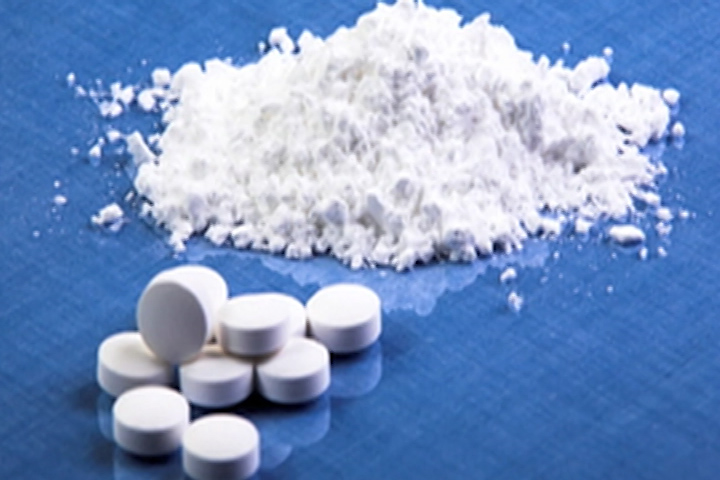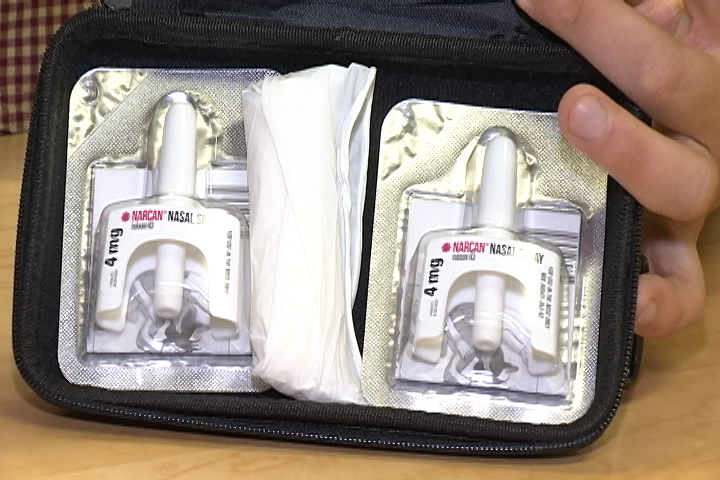Overdose Awareness Day took on heightened meaning this year, as the city of Peterborough was freshly ranked as the fourth highest in the province for opioid-related deaths.

A ceremony and moment of silence were held at the Peterborough Police headquarters on Aug. 31. The Canadian flag outside the building was lowered to half mast. Both were to help draw attention to the rising number of opioid overdoses in Peterborough and to engage the public in a solution.
Peterborough Paramedics Chief Randy Mellow said the numbers are staggering.
In 2016, 865 people died from overdosing on opioids in Ontario, a 19 per cent increase from 2015.
In August, the provincial health ministry announced $222 million over three years to improve access to harm reduction services and addiction treatment, calling the abuse of opioids a “public health crisis, provincially and nationally.”
The money is earmarked for more front-line harm-reduction workers, and more access to naloxone — the only known drug that reverses the effects of an opioid overdose. The government has also made available free naloxone kits — the kits include two naloxone nasal sprays, gloves and instructions.
Mellow says equipping those at-risk with naloxone is a good first step, but that there are two other keys to lowering those statistics.
The first is calling 911 since paramedics are better equipped than the general public to determine the type of overdose.
“And, assisting ventilation until the first responders get there is the second most important thing,” he said.
Harm-reduction co-ordinator with the Peterborough AIDS Resource Network (PARN), a partner in the Peterborough Drug Strategy, Chris Jardin, agrees.
“Opiate use isn’t just a thing that exists out of nowhere. There are underlying factors and we can create space for people to talk about those underlying factors. I think that’s when we’ll really get to the heart of it,” he said.
That’s exactly what various community agencies like PARN, Peterborough Police Service, Peterborough Public Health and Fourcast took on as their part of International Overdose Day. They offered free pop-up sessions around the city to educate and engage people on the opiate crisis. One of the goals of the day was to educate people on the use of naloxone kits.
Public health nurse Claire Hanlon says the more people who know how to use the kits, the better.
“Naloxone is a really easy response to save somebody’s life in an overdose situation that involves opioids. We’re trying to get that message across too, that it is specifically for opioids.”
- Buzz kill? Gen Z less interested in coffee than older Canadians, survey shows
- ‘She gets to be 10’: Ontario child’s heart donated to girl the same age
- Canada updating sperm donor screening criteria for men who have sex with men
- Bird flu risk to humans an ‘enormous concern,’ WHO says. Here’s what to know







Comments